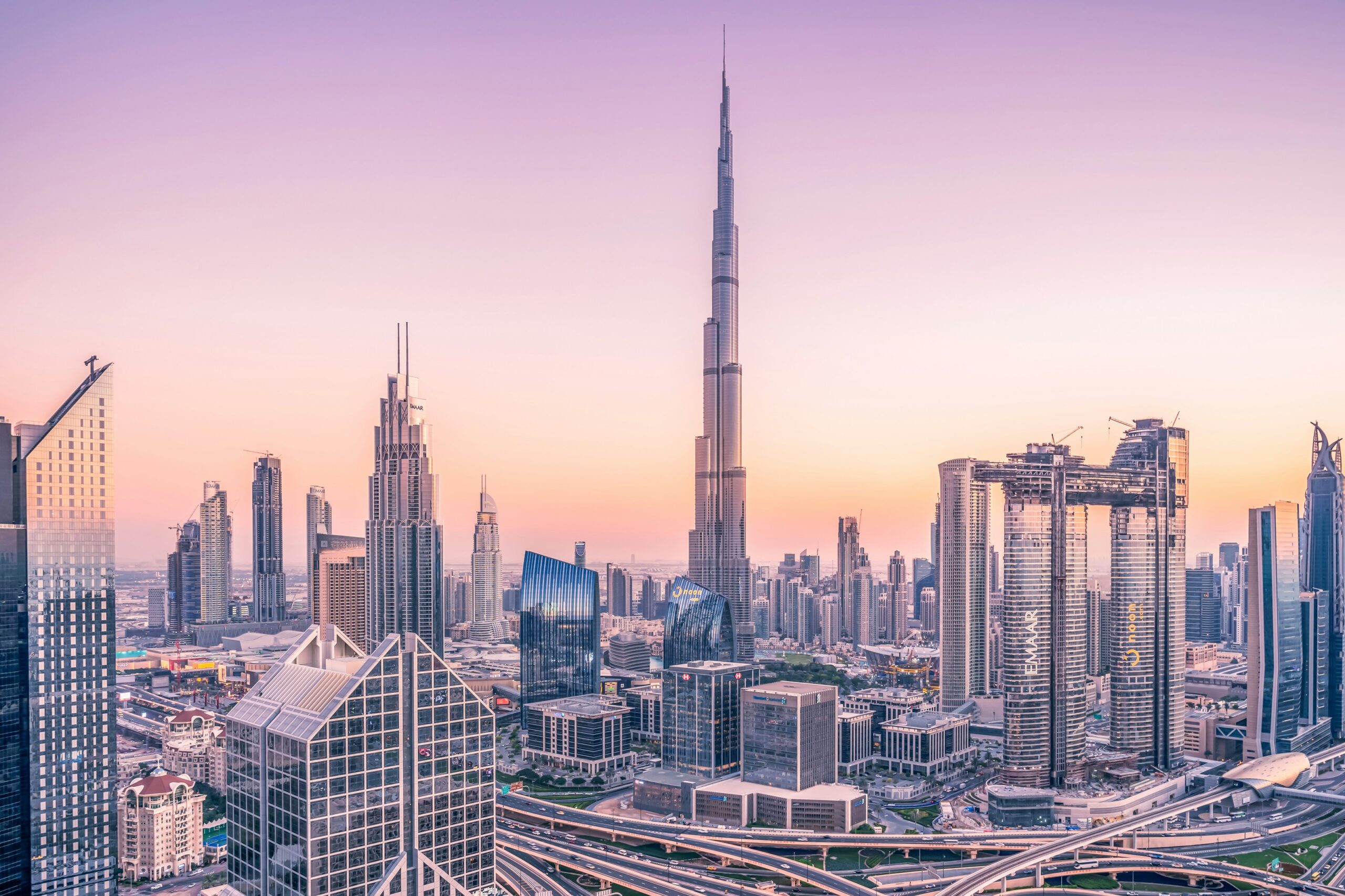Tourism: The Rising Pillar of Economic Growth in the MENA Region
In recent years, tourism has swiftly evolved into a pivotal element of economic development across the Middle East and North Africa (MENA) region. Notably, the Gulf Cooperation Council (GCC) is setting ambitious targets, aiming to generate over USD 188 billion in tourism revenues by the year 2030, a significant increase from the current figure of over USD 110 billion. This marked increase highlights the transformational potential of the tourism sector in shaping the economic landscape of the region.
The driving force behind this tourism boom can be attributed to a series of meticulously crafted national vision strategies implemented by various GCC states. For instance, Saudi Arabia's Vision 2030, the UAE Centennial 2071, and Oman Vision 2040 all place tourism at the heart of their respective developmental frameworks. These visionary plans are not merely aspirational; they are designed to create an integrated approach to boost national economies through strategic investments and comprehensive planning.
Underpinning these initiatives is a renewed focus on building large-scale hospitality ecosystems designed to enhance the overall visitor experience. Governments are actively streamlining approval processes, designating land for tourism-related projects, and creating conducive environments for foreign investments. This strategy not only emphasizes hotel and resort development but also encompasses a range of supporting infrastructure, including transportation networks and cultural venues, to enrich the visitor experience.
As it stands, there are over USD 150 billion worth of hospitality projects in various stages of development across the region. This influx of investment reflects a strong commitment to establishing the MENA region as a premier global tourist destination. Tourist attractions are being diversified to include cultural, adventure, and eco-tourism, which positions these nations to attract a broader demographic of visitors.
The multi-faceted tourism strategy also aligns with broader economic diversification efforts that seek to reduce reliance on oil revenues, a crucial necessity in an era of fluctuating oil prices. By focusing on tourism, these nations are not only pursuing immediate financial returns but are also laying the groundwork for sustainable growth. This strategic realignment is imperative for long-term economic stability in an increasingly competitive global marketplace.
To further bolster the tourism sector, there have been significant investments in marketing and promotional campaigns aimed at enhancing the visibility of the GCC as an attractive destination. The region’s rich cultural heritage, coupled with modern attractions and amenities, presents an appealing narrative that appeals to both leisure and business travelers. Initiatives to host international events, exhibitions, and conferences are part of the broader strategy to increase visitor numbers and enhance the region’s reputation.
Furthermore, the tourism sector is expected to create numerous employment opportunities, thereby contributing to job creation and workforce development in areas like hospitality management, travel, and customer service. By investing in training and education, countries in the region are preparing their citizens to meet the demands of a rapidly evolving industry.
While the optimism surrounding the tourism sector is palpable, it is essential to address the challenges ahead. The region must navigate issues related to sustainability, cultural preservation, and the potential impact of geopolitical tensions. Balancing growth with responsible tourism practices will be crucial in ensuring that the economic benefits do not come at the expense of the cultural and environmental integrity that attracted visitors in the first place.
In conclusion, tourism is undeniably becoming a cornerstone of economic growth in the MENA region, with ambitious projections signaling a bright future ahead. As nations within the GCC align their tourism strategies with broader economic reform plans, the region stands poised to redefine its global economic narrative, emerging as a key player in international tourism. The strategic investments made today will undoubtedly shape the MENA region’s economic landscape, promising sustained growth and prosperity in the years to come.
Tags: #MENA, #TourismNews, #EconomyNews, #BusinessNews

